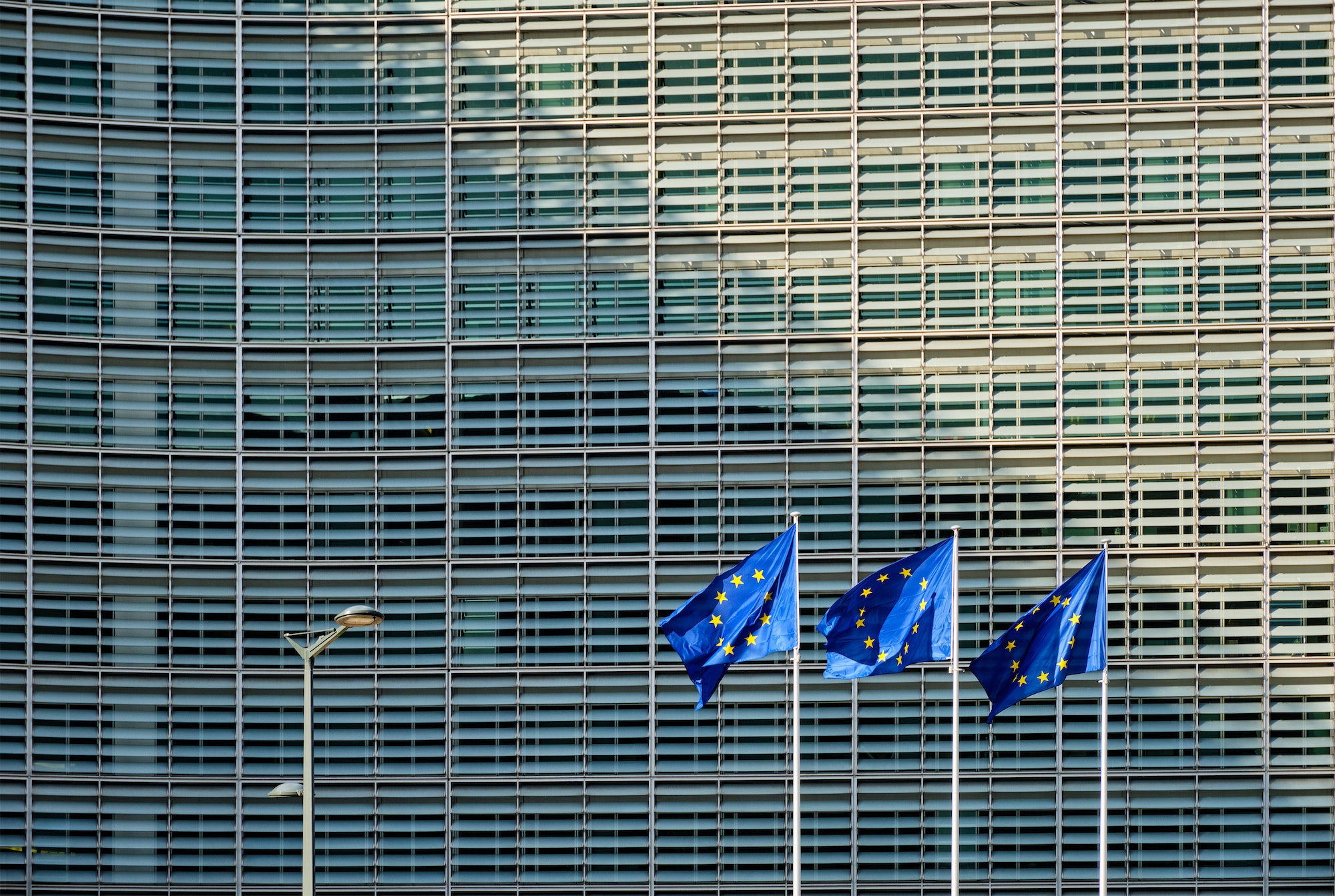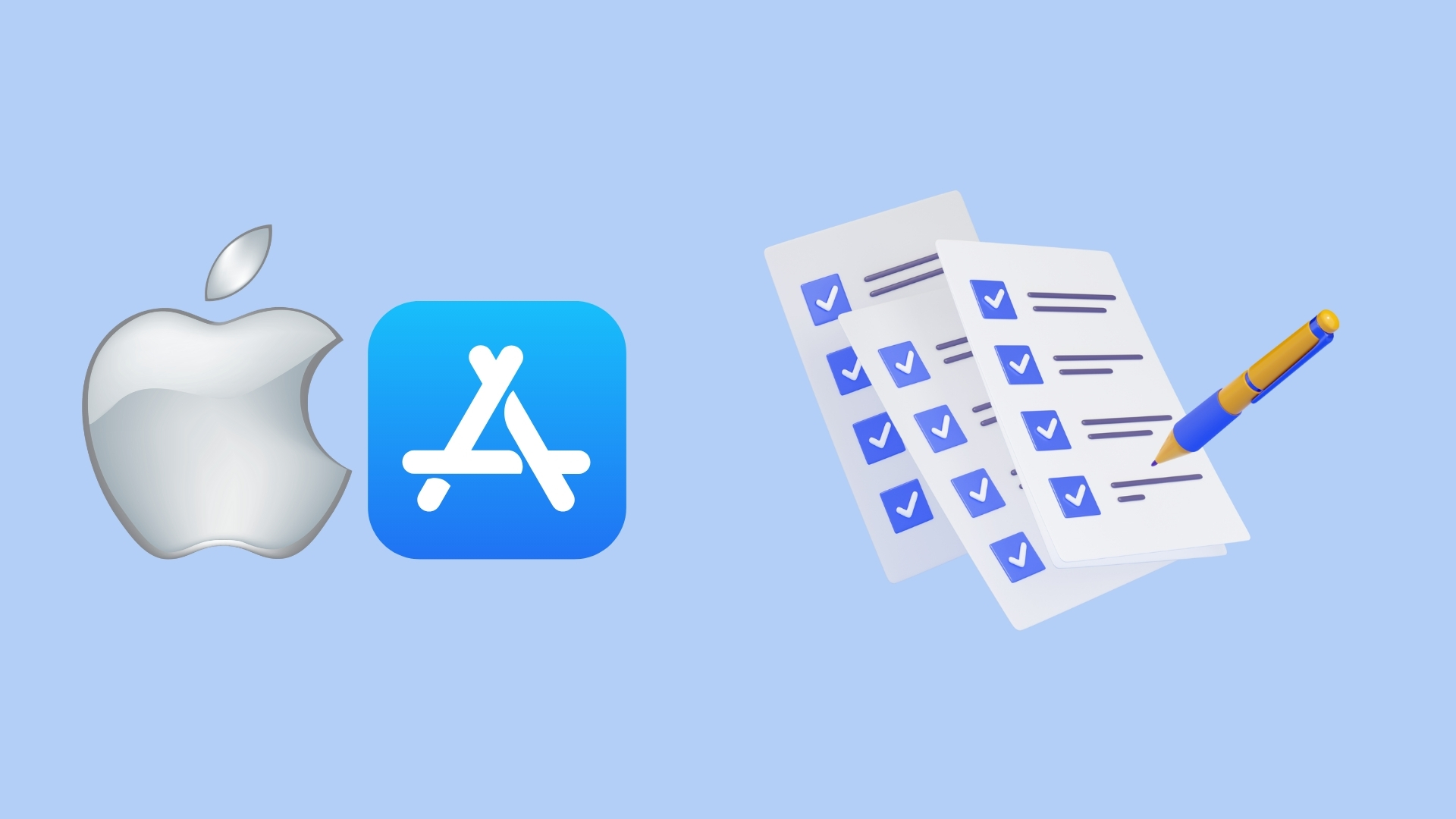Research highlights that digital accessibility is now viewed as a driver of business growth rather than a compliance requirement.
A survey of over 1,600 professionals across the US, UK, and Europe found 75% of organisations linking accessibility improvements to revenue gains, while 91% reported enhanced user experience and 88% noted brand reputation benefits.
AI is playing an increasingly central role in accessibility initiatives. More than 80% of organisations now use AI tools to support accessibility, particularly in mature programmes with formal policies, accountability structures, and dedicated budgets.
Leaders in these organisations view AI as a force multiplier, complementing human expertise rather than replacing it. Despite progress, many organisations still implement accessibility late in digital development processes. Only around 28% address accessibility during planning, and 27% during design stages.
Leadership support and effective training emerged as key success factors. Organisations with engaged executives and strong accessibility training were far more likely to achieve revenue and operational benefits while reducing perceived legal risk.
As AI adoption accelerates and regulatory frameworks expand, companies treating accessibility strategically are better positioned to gain competitive advantage.
Would you like to learn more about AI, tech and digital diplomacy? If so, ask our Diplo chatbot!










